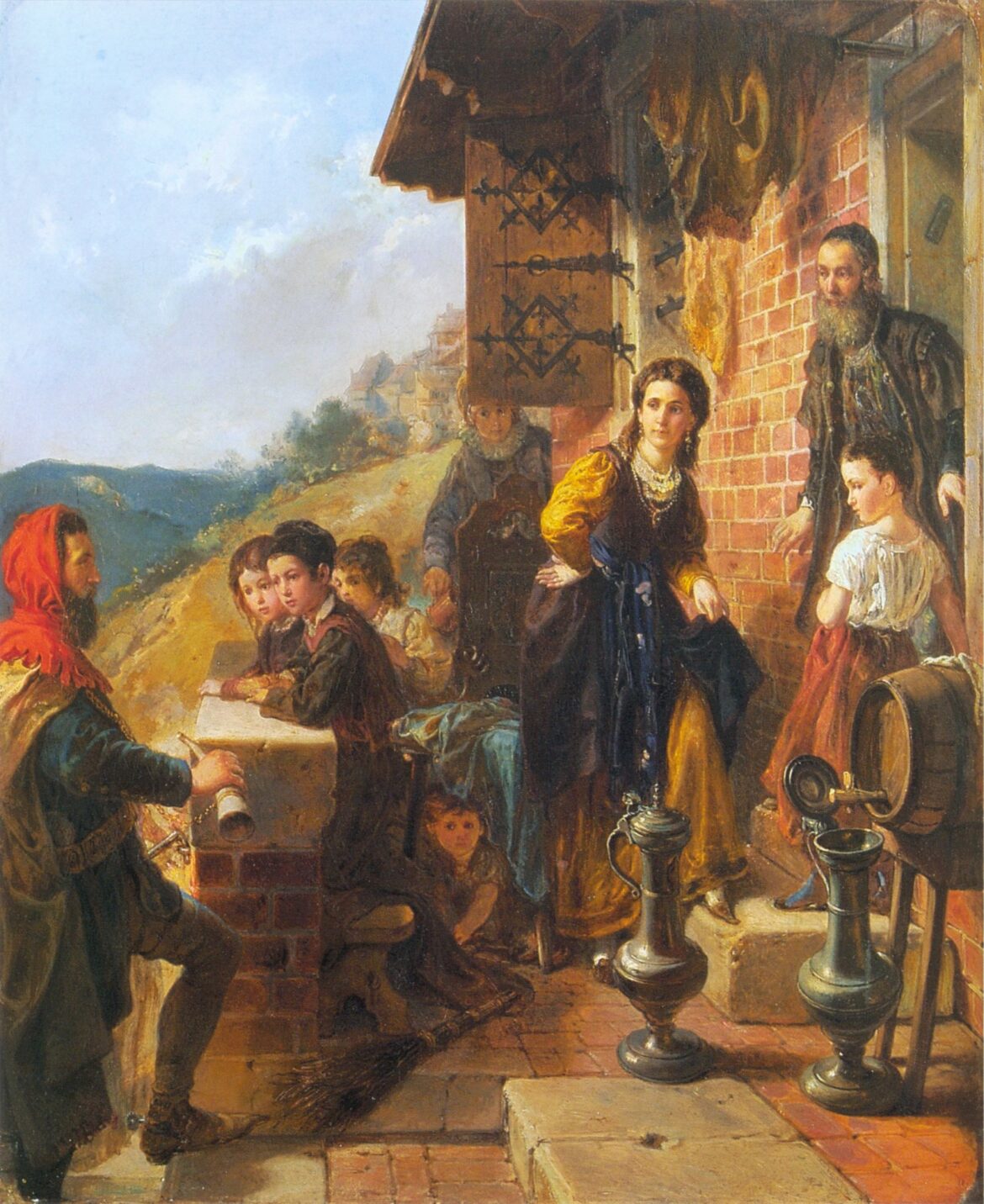Born at the end of April 712 years ago, Casimir the Great (1310-1370) became famous in history as a king who “found Poland wooden and left it bricked” and as a great friend of the Jews. Known from legends about his affairs in the alcove, the ruler did not leave a legal male heir and his death ended the reign of the Piast dynasty in Poland.
King Casimir was recalled by his contemporary Piotr of Byczyna: “a man of the greatest caution in secular matters, he loved peace and led the Kingdom of Poland to good condition. (…) And although, as they say, he was otherwise unrestrained and lascivious, he did not leave male heirs”. In his chronicle, Jan Długosz claimed that the king had a concubine, a Jewish woman Estherka – “because of her extraordinary beauty”, and the privilege issued by the king in 1334 for Jews to be subjected only to royal courts was shown as an act made under the influence of a beautiful mistress.
There were more rulers to whom Jews owed special protection in Poland. As early as 1264, in Kalisz, Duke Bolesław the Pious issued a statute for Jews living in his district. These legalizations were then confirmed by Casimir the Great and subsequent Polish kings. The last of the Piasts extended the territorial range of Jewish statutes to be in force in the entire territory of Poland. He was associated with a group of Jewish financiers who gave him huge loans. Jews constituted an extremely important pillar of the economy and finances of the Polish state.
Did Estherka, to whom Polish Jews allegedly owed royal favors, even exist? In 1787, King Stanisław August ordered the exhumation of the grave in the park next to the castle in Łobzów, associated with Estherka. However, the tomb turned out to be empty, but the legend of the Jewish concubine took the form of a myth linking the actual royal acts to Jews in Poland with the ruler’s unfulfilled dream of a legal descendant on the royal throne.





